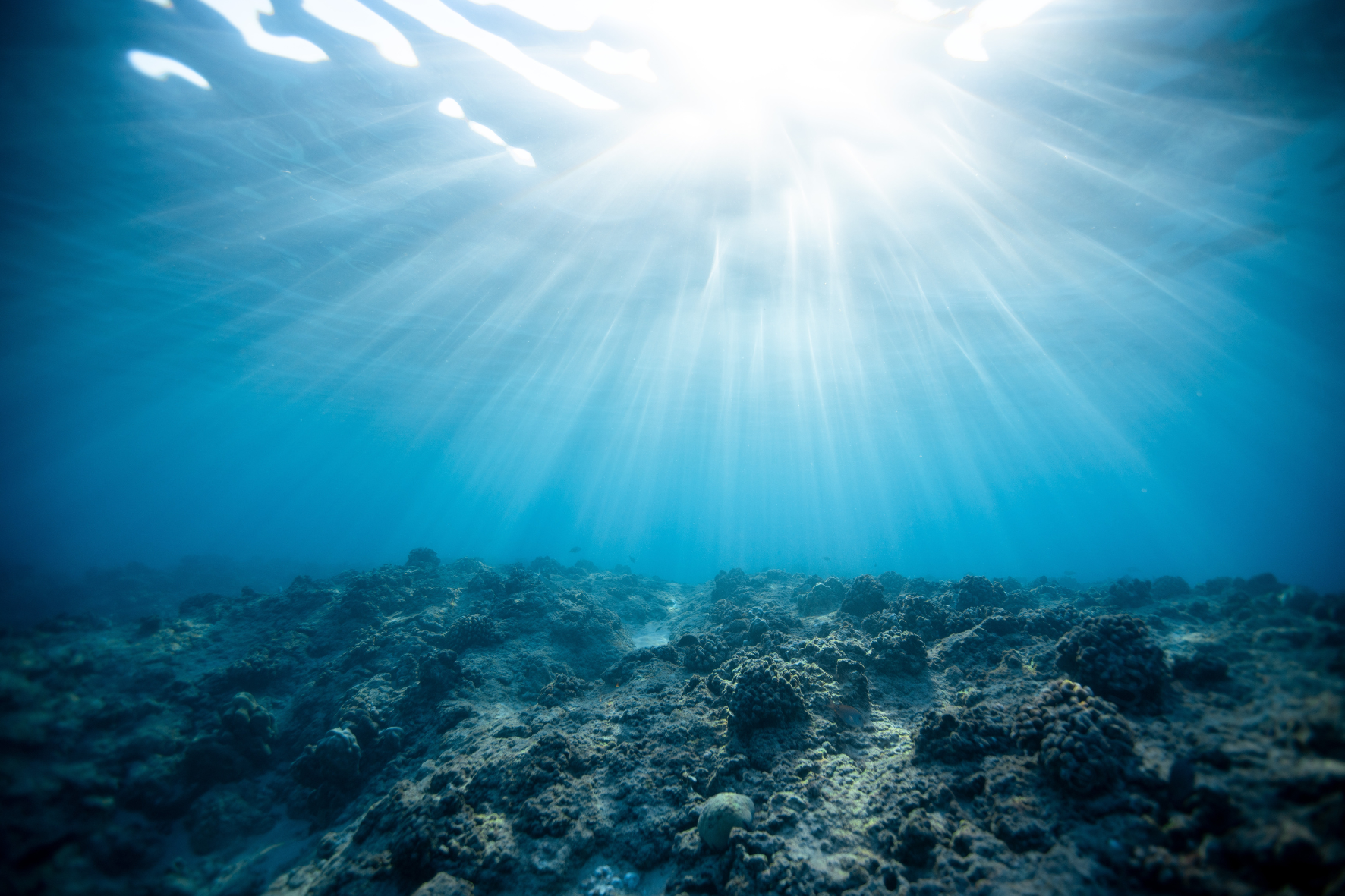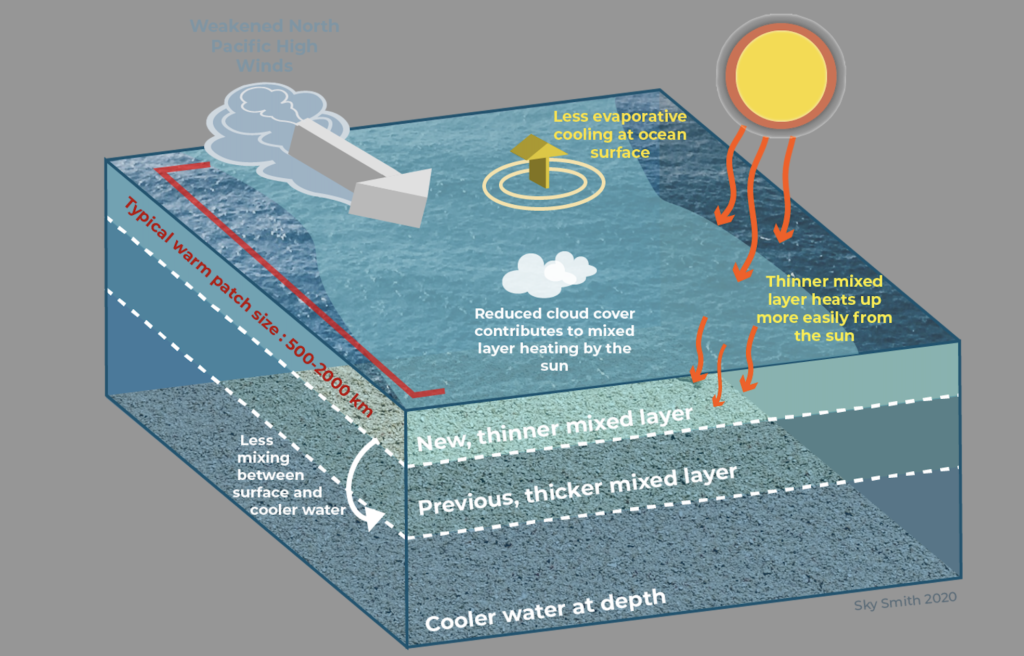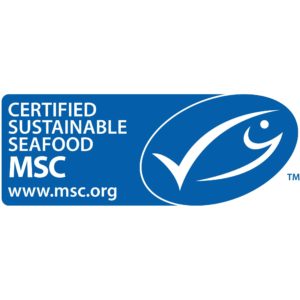
Due to the aggravation of global warming, the world has been experiencing more and more oceans heat waves.
Marine heatwaves are characterized by periods of abnormally high temperatures in the ocean, which can have devastating effects on marine ecosystems and the humans who depend on them.
One of the main causes of marine heatwaves can be surely identified with global warming. Indeed, as temperatures rise, the oceans absorb a significant amount of heat, leading to changes in ocean currents and the distribution of nutrients and oxygen. These events can persist for weeks or even months at a time.

What are its effects on the ocean?
One of the most significant impacts of ocean heat waves is coral bleaching. When water temperatures rise, corals expel the algae that live within their tissues, causing them to turn white and eventually die. Coral reefs are incredibly important ecosystems that support a wide variety of marine life, and their decline has far-reaching consequences for the entire ocean food chain.
 Bleached corals
Bleached corals
In addition to coral bleaching, marine heat waves can have a range of other impacts on marine wildlife. For example, some fish species are highly sensitive to changes in water temperature and may be forced to migrate to cooler waters or suffer from reduced growth rates or reproductive success.
Marine heat waves can also lead to the proliferation of harmful algal blooms, which can release toxins that are harmful to humans and wildlife. These blooms can also lead to low oxygen levels in the water, which can cause mass mortality events among fish and other marine organisms.
 Harmful algal bloom
Harmful algal bloom
As marine ecosystems become more stressed, there is a risk of cascading effects that could ultimately lead to the collapse of entire ecosystems.
What can we do to help?
Addressing the issue of ocean heat waves requires a coordinated global effort to reduce greenhouse gas emissions and promote sustainable practices that support healthy oceans. This includes measures such as reducing carbon emissions, protecting marine habitats, and promoting sustainable fishing practices.
Some ways individuals can help are by reducing their energy consumption as it decreases greenhouse gas emissions and slows global warming. Moreover, people can support sustainable fishing practices by choosing seafood that is certified by organizations such as the Marine Stewardship.

Certified Sustainable Seafood logo
In addition, people can try and reduce their waste by recycling, composting and avoiding single-use plastic products as much as possible.
By taking action to mitigate the impacts of marine heat waves, we can help to protect the health and resilience of our oceans for future generations.
Sources:
https://www.iucn.org/resources/issues-brief/marine-heatwaves
https://research.noaa.gov/article/ArtMID/587/ArticleID/2954/Heat-waves-happen-at-the-bottom-of-the-ocean-too




